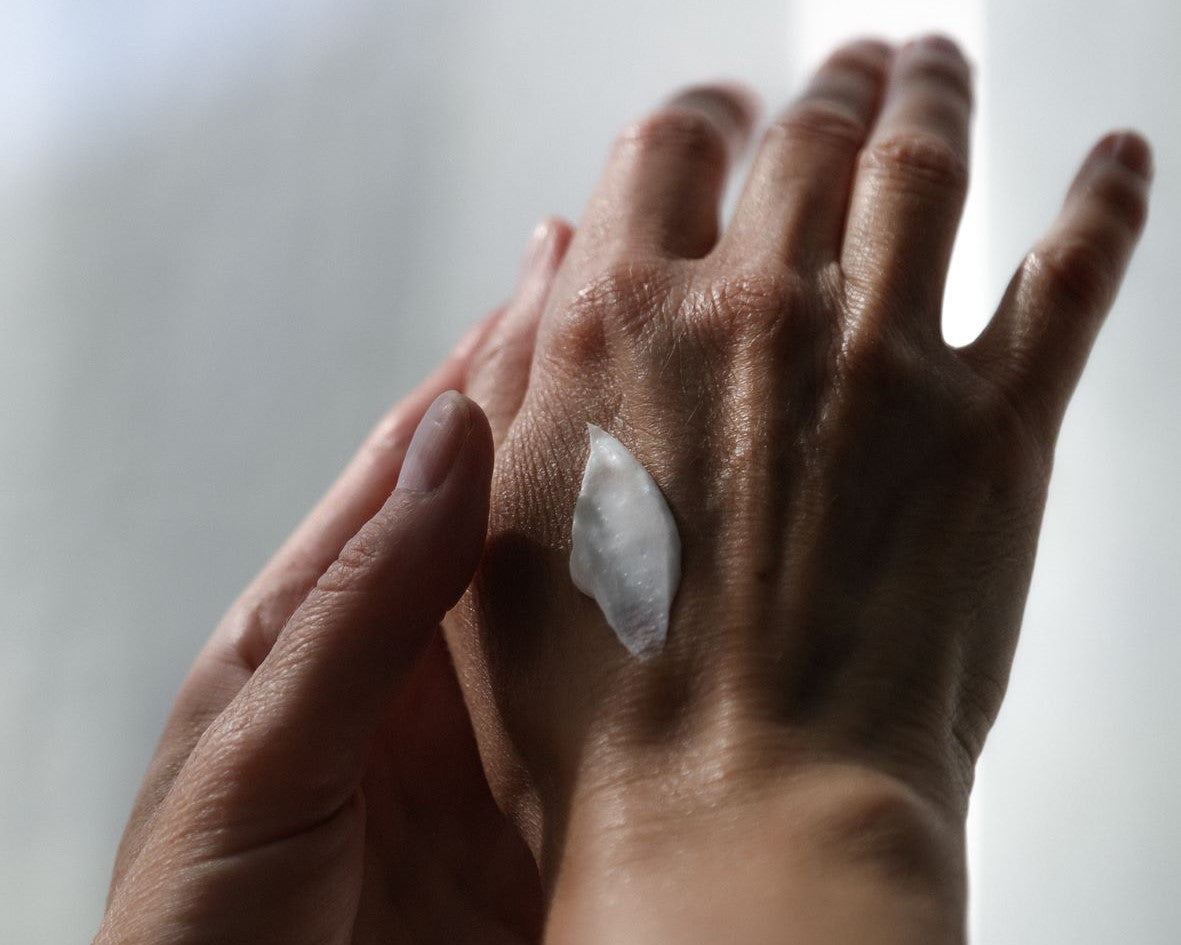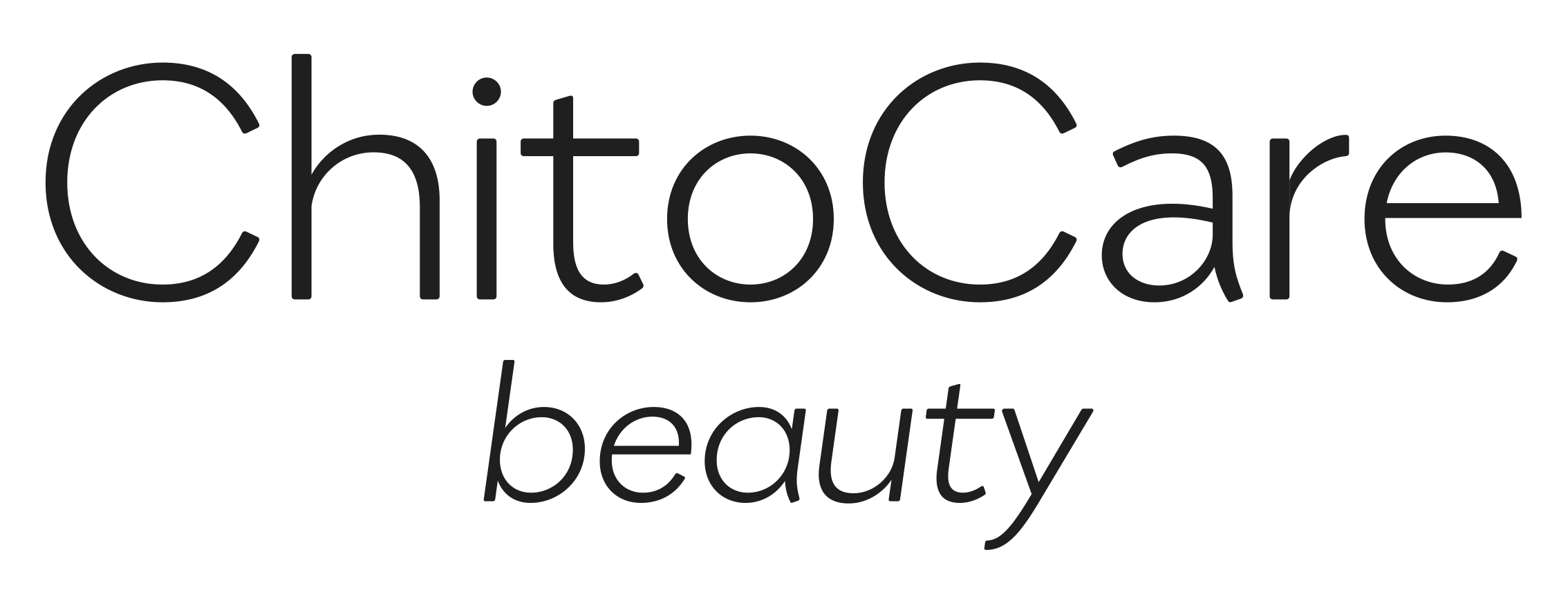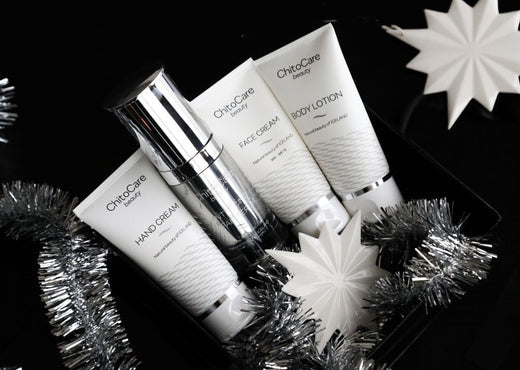
Caring for Skin on Different Parts of the Body
The skin is our body’s largest organ. However, skin structure is not the same throughout the body. Each area has slightly different characteristics. In this post, we look at skin on various parts of the body and how to best care for it.
Throughout our lives, our skin plays many functional roles every day. It helps us regulate body temperature and provides a protective barrier from external aggressors, infections and physical injury. It is one of our primary sensory organs, providing us with the sensation of touch, and it stores blood and moisture beneath its surface. However, our skin’s structure is not the same throughout the whole body. The skin on the soles of our feet is not identical to the skin around our eyes, and the skin that covers our hands is different to that which covers our head.
These main differences have to do with skin structure and skin function. Skin colour, texture, thickness and the amount of hair follicles also differ throughout the body. For example, our skin’s outer layer, the epidermis, is between 0.1 and 1.00 mm thick. On the heels of our feet, however, skin thickness is about 4.00 mm, while around our eyes it is usually about 0.5 mm thick, making it the thinnest skin area on our whole body.
Depending on where it is on our body, our skin requires slightly different approaches to caring for it. Let’s take a look at the skin on various parts of our body and how each area can benefit from a tailored skincare routine.
Face
Our face is the most visible part of our body. It is not only the first thing most people notice about us, but also the part of our body most exposed to the outside world. Our skin protects us from the external environment and the skin of our face is always in contact with the elements, such as the weather, UV rays and pollution. Signs of aging, as well as other health concerns, often show up first on facial skin. As our faces bear the brunt of exposure, we tend to pay more attention to facial skin and health. This is one major reason why so much of the skincare industry is focused on facial skin.
Facial skin is particularly thin and sensitive compared to skin on other parts of our body and requires special care. Furthermore, each of us has a distinct skin type, which in turn requires its own tailored skincare routine to ensure optimal health. There are five basic skin types: normal, dry, oily, sensitive, combination and hyperpigmented.
All skin types can benefit from three basic skincare habits: cleansing, caring and protecting. Cleansing helps clear skin of impurities, dirt, grime and excess sebum. Caring ensures skin receives nutrients and nourishment, to remain supple, firm, moisturized and smooth, and to avoid any skin conditions that may arise. Protecting is about ensuring skin is protected from harmful UV radiation, which is the number one cause of premature skin aging. It is important to use products that suit your skin type and are compatible with your skin’s pH levels. ChitoCare beauty Face Cream contains SPF 15 for basic sun protection and natural moisturizing oils from coconut, macadamia nuts and soybeans that help keep skin moisturized, nourished and soft.
Hands
We use our hands every day. They are vital tools to our survival, and we put them through a lot. Aside from mechanical wear and tear, they experience cleansers, chemicals, rough surfaces, and all sorts of temperatures. The skin on our hands is not only different to the skin found on other parts of our body, but there are differences even between the skin of our palms and the skin on the backs of our hands. The skin on the backs of our hands is especially thin and contains almost no fatty tissue. The skin on our palms has no hair follicles or sebaceous glands, meaning that it is very hard for skin to bind moisture. This is why our hands can so easily dry out, especially after washing them or using them in the garden, office or around the house.
As the pH of the skin on our hands is less acidic, our hands have a compromised protective acid mantle. The acid mantle is a very thin, slightly acidic film that is part of our skin’s protective barrier structure. It helps to protect us from external aggressors, such as bacteria, viruses and other potential threats. As fatty acids help to maintain our skin’s acid mantle, moisturizing hands regularly will help protect and nourish your natural protective barrier.
To prevent dryness, cracking or flaking, avoid washing hands with harsh cleansers or very hot water, and instead opt for mild hand soaps and lukewarm water. Moisturize daily with ChitoCare beauty Hand Cream to ensure soft and smooth skin. Natural moisturizing oils from sunflower seeds, macadamia nuts and sweet almonds help lock in moisture, aloe vera leaf juice offers a soothing effect, while marine chitosan protects the skin by forming a film and boosting your skin’s natural repair process.
Feet
Our feet carry us around our whole lives and, much like our hands, we put them through a lot. We walk, we run, we wear tight shoes, thick socks, high heels or heavy work boots. Most of us forget to apply sunscreen, even though we have all suffered burnt feet at some point. Furthermore, our feet withstand pressure every day and can even carry up to three times our body weight with every step we take. This is why the skin on our soles contains more fat cells than other parts of our body, acting a bit like a pillowy shock absorbent.
However, our feet can sometimes suffer from a damaged skin barrier function, causing us calluses, corns, dryness or a thickening of the skin. Most foot problems arise from improper footwear and excess rubbing or pressure, while improper foot hygiene can cause fungal infections, itchiness, cracking or scaling. This is why it is important to show your feet some love. Proper shoes, regular washing, exfoliating and moisturizing will help keep your feet smooth and healthy.
After showering, when the skin has already softened up, use ChitoCare beauty Body Scrub to gently massage the skin and soles of your feet. Walnut shell powder and bamboo stem powder will help slough away dead skin cells, improve microcirculation and result in smoother, softer skin. Follow up with ChitoCare beauty Body Lotion for soft, moisturized feet. Containing marine chitosan, caffeine and natural moisturizing oils from coconuts and sunflower seeds, it reduces redness and itching, locks in moisture and supports the skin’s natural repair process.
Scalp
The skin that covers our head is called our scalp. Among other things, the scalp contains hair follicles, out of which our hair grows, and sebaceous glands, which are responsible for producing sebum, a substance rich in lipids that helps keep skin protected. As our scalp skin is unique compared to skin on other parts of our body, special care is required to keep it healthy and balanced. Much like with the skin of our face, scalp health is an indicator of overall health, and a healthy scalp also means healthier hair production.
However, our scalp skin is relatively sensitive and can be prone to irritation if we do not care for it correctly. Hash cleansers, hot water, inappropriate shampoo or other hair products can strip the scalp of its acid mantle, causing irritation, dryness, itching or flaking. When scalp skin irritation is left unattended, it can result in dandruff, sensitivity, further itchiness or dryness, hair thinning or hair loss.
For optimal scalp and hair health, try using mild or natural cleansers and hair products that are suitable for sensitive skin. To boost hair health, add a supplement to your diet, such as ChitoCare beauty Hair, Skin & Nails. This formula is rich in nutrients like collagen Type II, Vitamin C, zinc, Icelandic silica, selenium, mineral-rich algae and marine fibers, that protect cells from the results of oxidative stress and contribute to healthier skin, teeth, gums, cartilage, bones, hair and nails.
___
If you are worried about your skin or scalp health, visit a dermatologist. They can help properly diagnose and treat any skin conditions or issues. Always do a spot test before using new skincare products.


